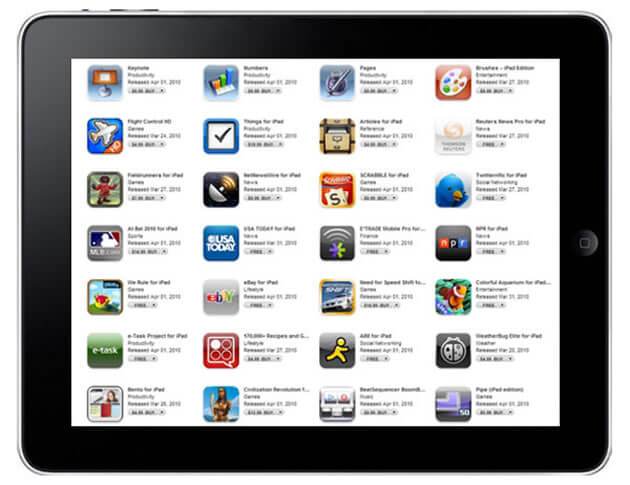Leaving IT for the End Business?
If you are working in an enterprise IT department (like me), you are working in a support department. I don’t see anything wrong here; at least I personally did this. On the business side, the enterprises are always looking for sales and marketing staff. You would be thinking about making a switch there – because salaries may be better, they are strategic departments, they seem to be more valuable and this and that.
As you would guess, there are many things that you should be asking yourself before leaving IT. Keep calm and try to answer the questions with your heart. They will be defining your job satisfaction for the rest of your life.
First, I call man vs machine syndrome. When I made up my mind to switch to IT, I said “I’ll be managing machines rather than people.” I still hold on to that: IT, R&D and the other engineering functions depend on logical, deductive, sometimes clear-cut processes. Plus, the people working in these departments are event-oriented rather than people-oriented. This makes the engineering people cut down on communication and interpersonal skills. On the business side, things are just the opposite. Emotions, implicit meanings inside conversations, creativity, intuition are highly important. Workflows can be rearranged to fit people rather than the business/information flow. In IT, things work or not. We have projects, deadlines and to-dos. We need to solve problems rapidly, sometimes with workarounds (even if we don’t prefer). On the end business side, things may be left inconclusive (or open-ended) for long periods of time, decision processes can take longer and be more cyclical as opposed to what we experience in engineering disciplines. Try to visualize yourself in such a different working environment. If these sound hard to cope with, it will be even harder when you start your end-business life.
RELATED: Getting the Credit Due for Your Innovative Ideas
Second, when you leave IT, the end-business will tend to put you in an IT or tech related position. In a very short time you may find yourself in a departmental IT position, which is very similar to the department you have just left. This is a double-edged sword: while you will gain credibility in your new department and get hold of things earlier, but your career will become departmental IT rather than enterprise IT, not meeting your career objectives. If you inevitably fall into this trap, my advice is to find a tech-savvy person in the department and teach him what you know. If the managers prefer to keep everything on you, respond by telling them they are making you a single point of failure. No conscientious manager would accept that.
RELATED: First Week in IT? Here Is a Helping Hand
Third, how do you like to work? My workplace is next to accounting and when I leave our room every time, I see people entering invoice details to company’s accounting system. While I am grateful that I have a dynamic, unpredictable work with constant stream of projects, many people are grateful that they don’t have such a job definition like me. Many people prefer a linear job description, which they prefer to know what they will be doing every day, even every morning and every afternoon. This exactly which IT is not. For a person who got used to working in a high-tempo environment, this type of predictable work is like a retirement. Although such “retirement when working” may look attractive at the first sight, it may be just a couple of weeks finding yourself bored to death on your desk. Ask yourself if you will be able to work in predictable environments.
RELATED: CIO Perspective: Things to Consider Before Co-locating Your Data Center
Fourth, consider your motives in end business. Why do you want to switch? Just because you are bored in IT is not a valid motive. Do you want to make a career in – say – Operations Management and lack of knowledge in operations is the missing piece? Think about where you want to go in the end business, speak with people who are already working there and ask yourself if you really want to do that job in that working environment. It may be possible that your motives are misleading you or what you achieve at the end is not aligned with your motives.
Leaving IT for the end business is one of the major life changing situations. When considering such a move, try to learn as much from the business side as possible and try to visualize yourself there. Does this make you happy? Moving from system support engineer job to a production process control engineer may not be a big difference but moving to a – say – financial department will be. How will you feel there?




